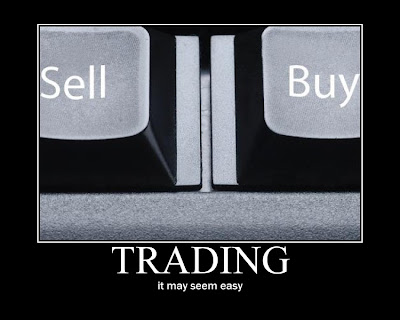Amethyst
Give me a museum and I'll fill it. (Picasso) Give me a forum ...
- Joined
- Dec 21, 2008
- Messages
- 12,668
I second Moemg's suggestion. While having a roommate is not for everybody, it is a great way to save money by splitting the cost of mortgage/rent and utility payments. I did this when I was single. Sharing an apartment, plus earning all the overtime I could scrounge, made the difference between getting by, and saving $$ for my goals. I didn't always love my roommates, nor they me, but I got along well enough with one that she was Maid of Honor at my wedding. 
If you do decide to share lodgings: Be careful, and not too trusting, when looking for someone who will join you in your home. You could advertise at your church (if you are a churchgoer), at your workplace if permitted [which is how I found all my roomies], in the newspaper, or on Craigslist. Be extra-extra careful and picky with the last two options; always get, and check, references.
Take care,
Amethyst
If you do decide to share lodgings: Be careful, and not too trusting, when looking for someone who will join you in your home. You could advertise at your church (if you are a churchgoer), at your workplace if permitted [which is how I found all my roomies], in the newspaper, or on Craigslist. Be extra-extra careful and picky with the last two options; always get, and check, references.
Take care,
Amethyst
Hi Rose , Welcome ! You have had a hel- of a few years . Take a deep breath and figure out how you can cut back so you can save like crazy . I would consider a roommate and cutting all unnecessary spending . You also need to track your spending so you actually have a grasp on how much you need . Good Luck and I hope you get to retire !



